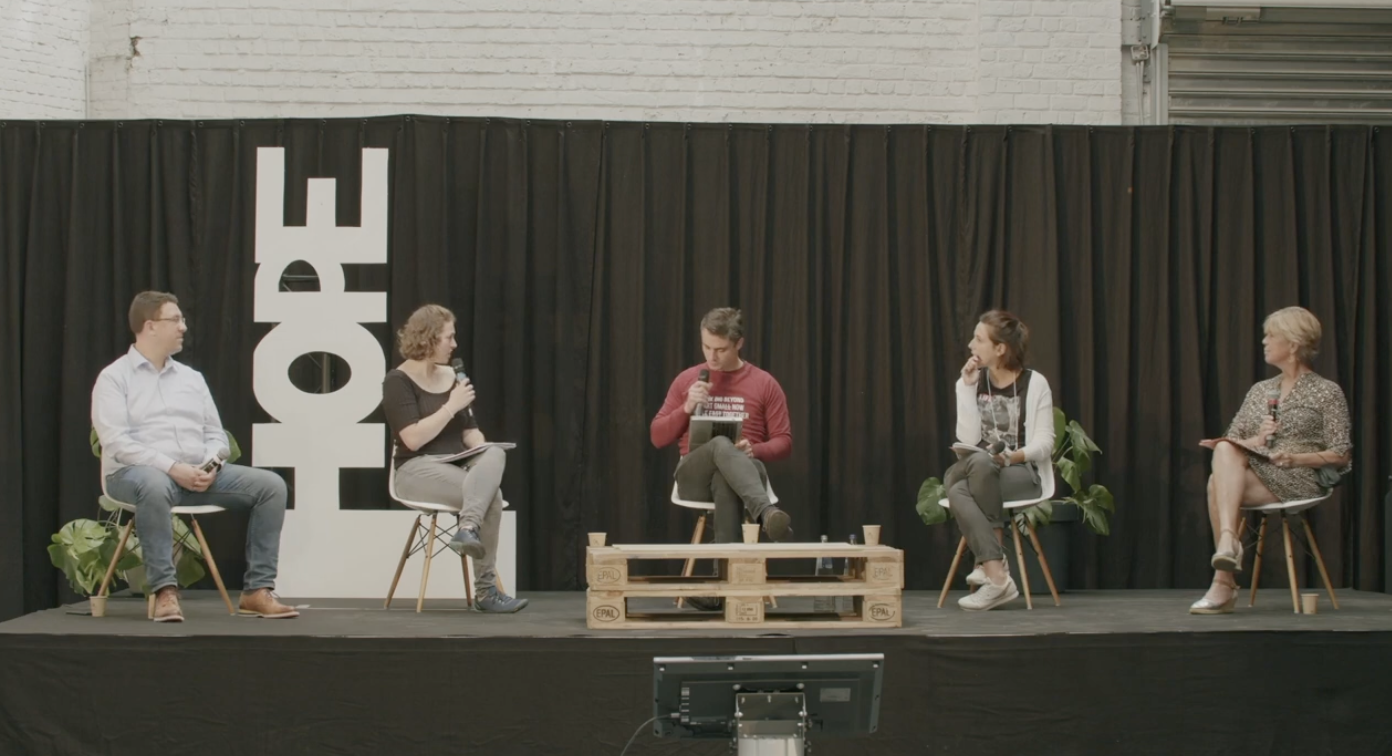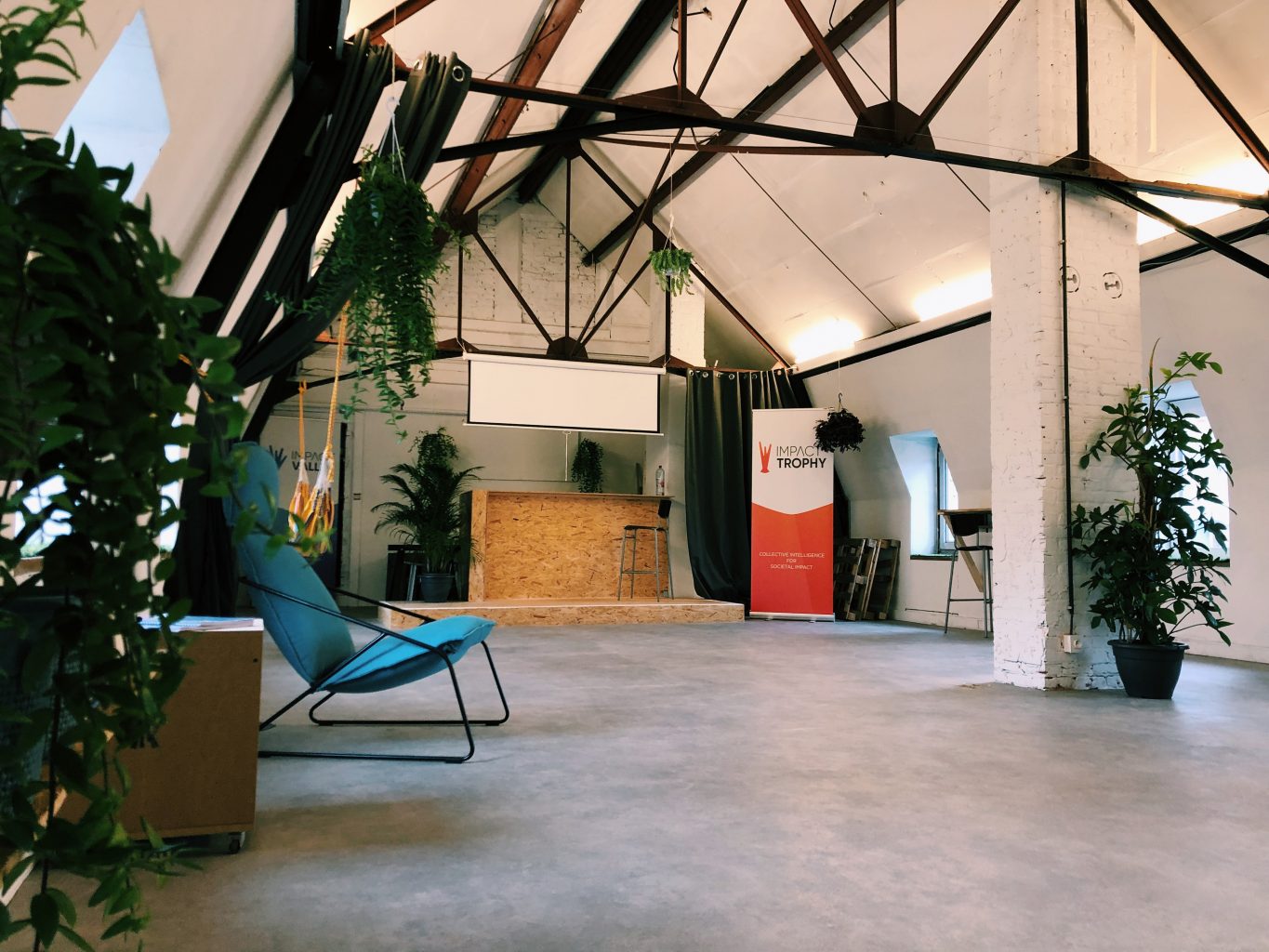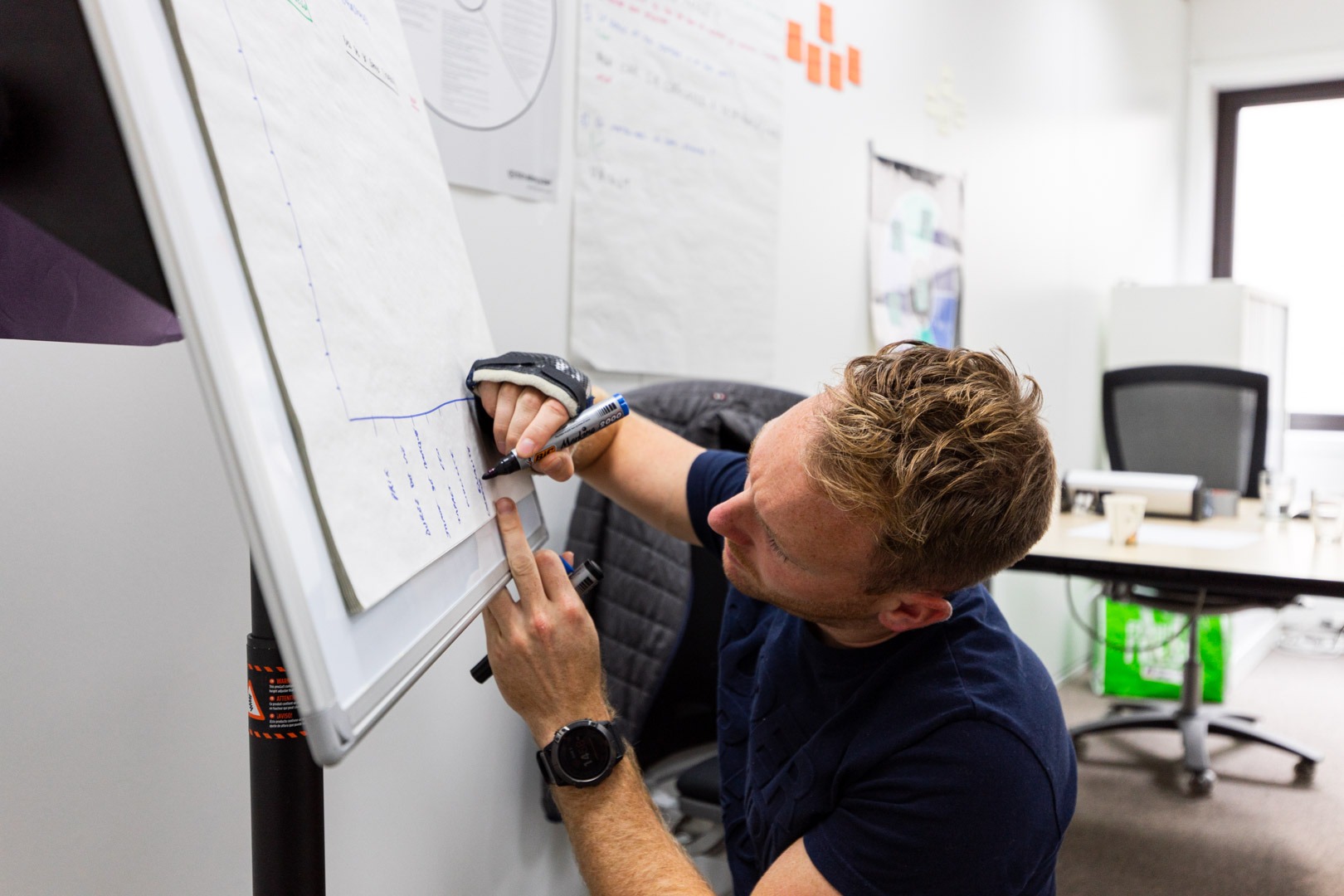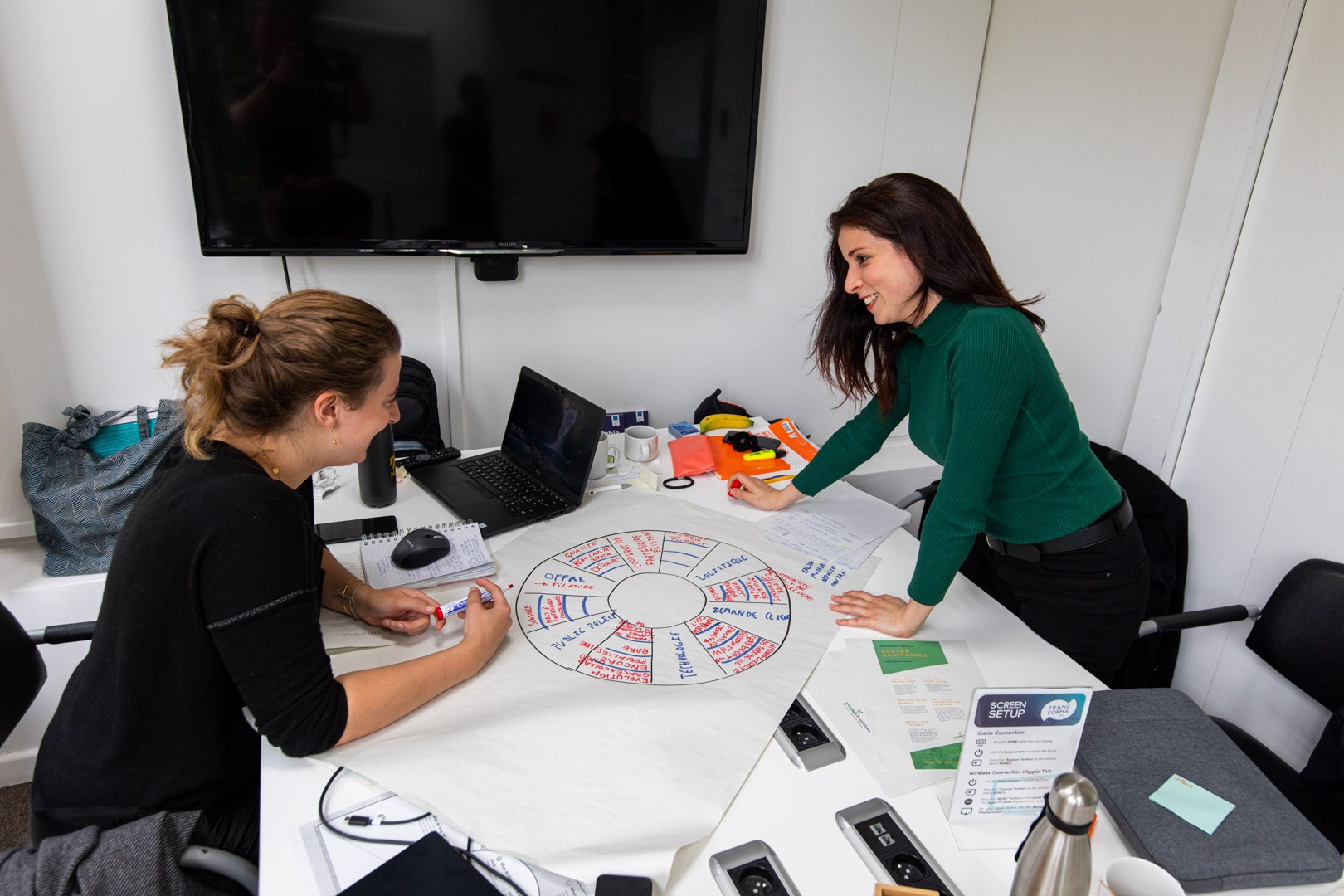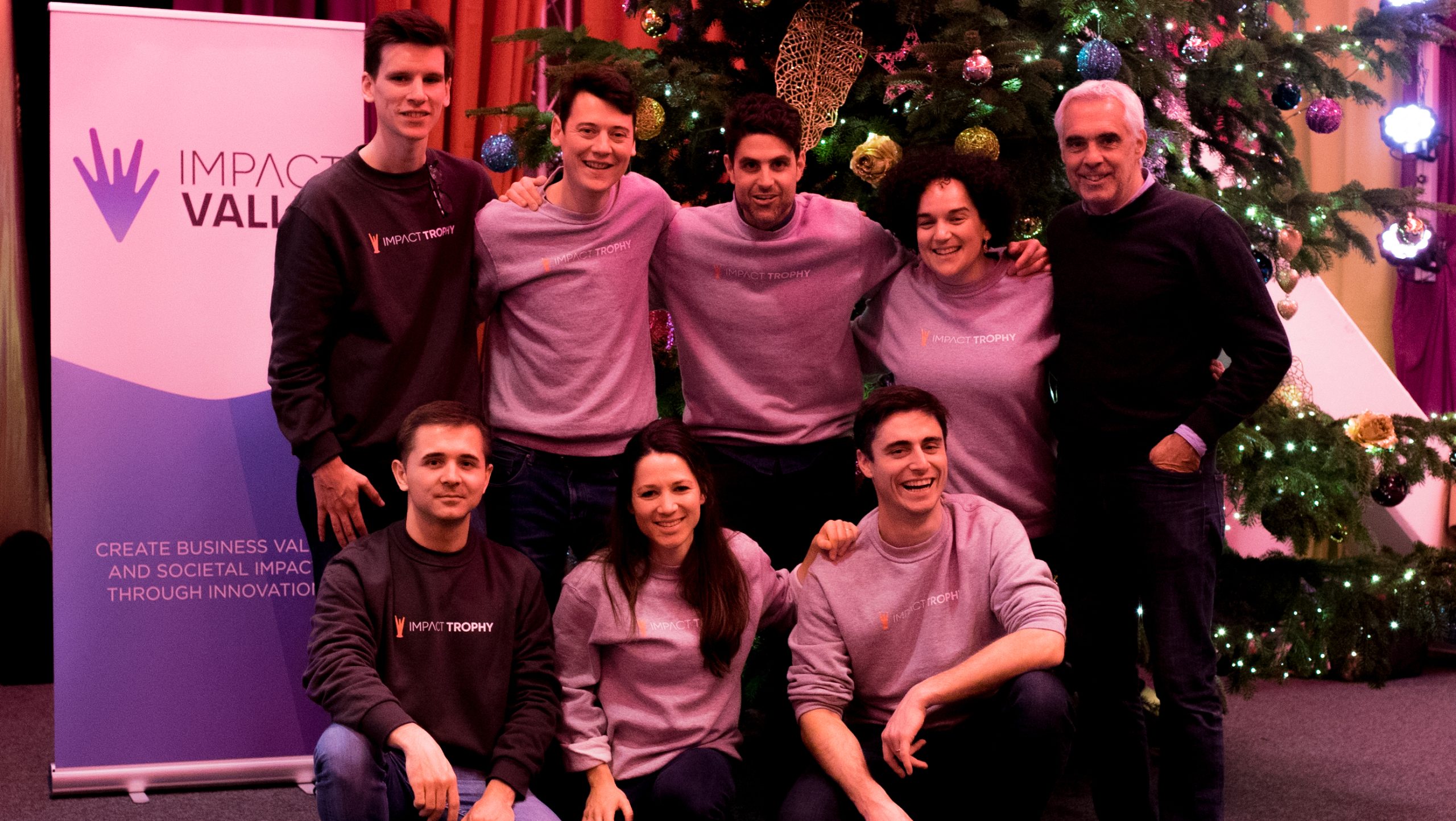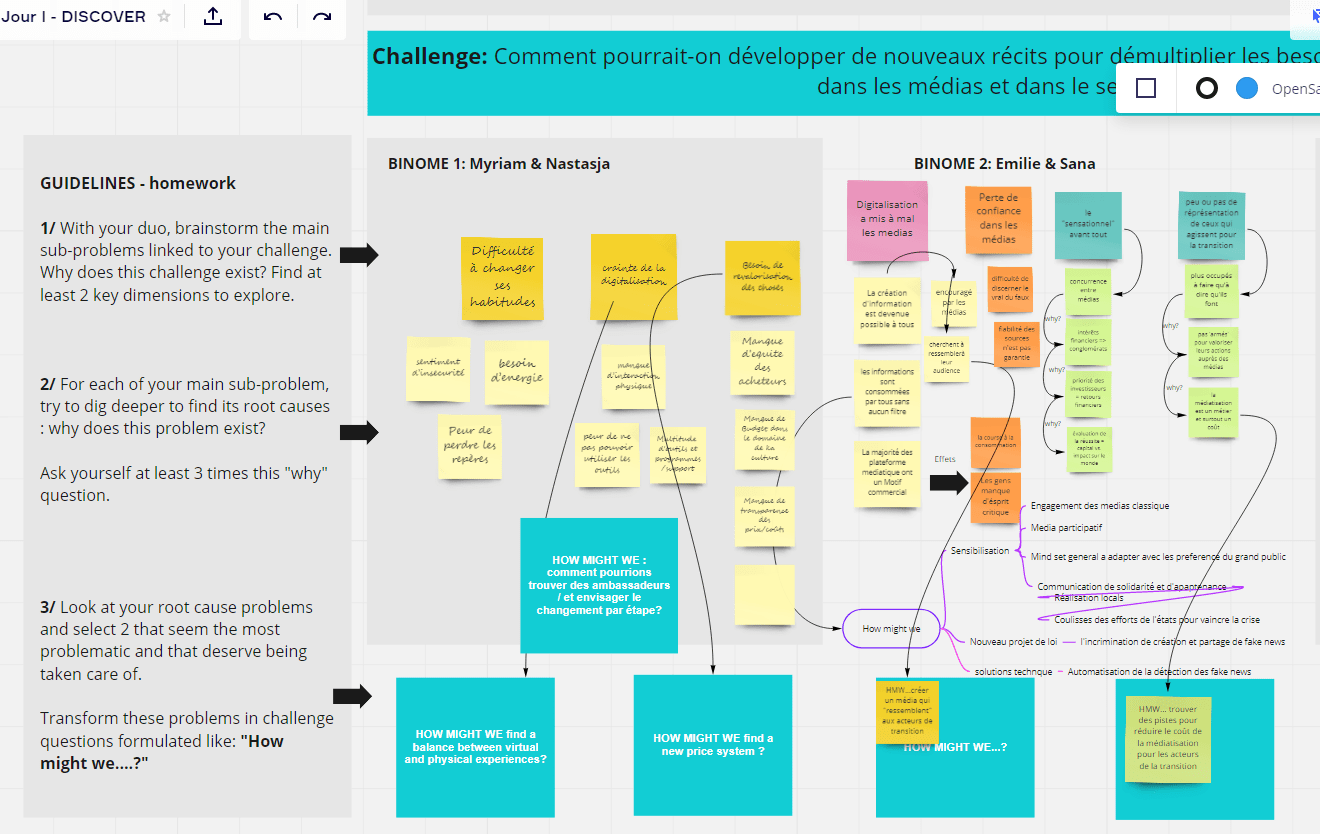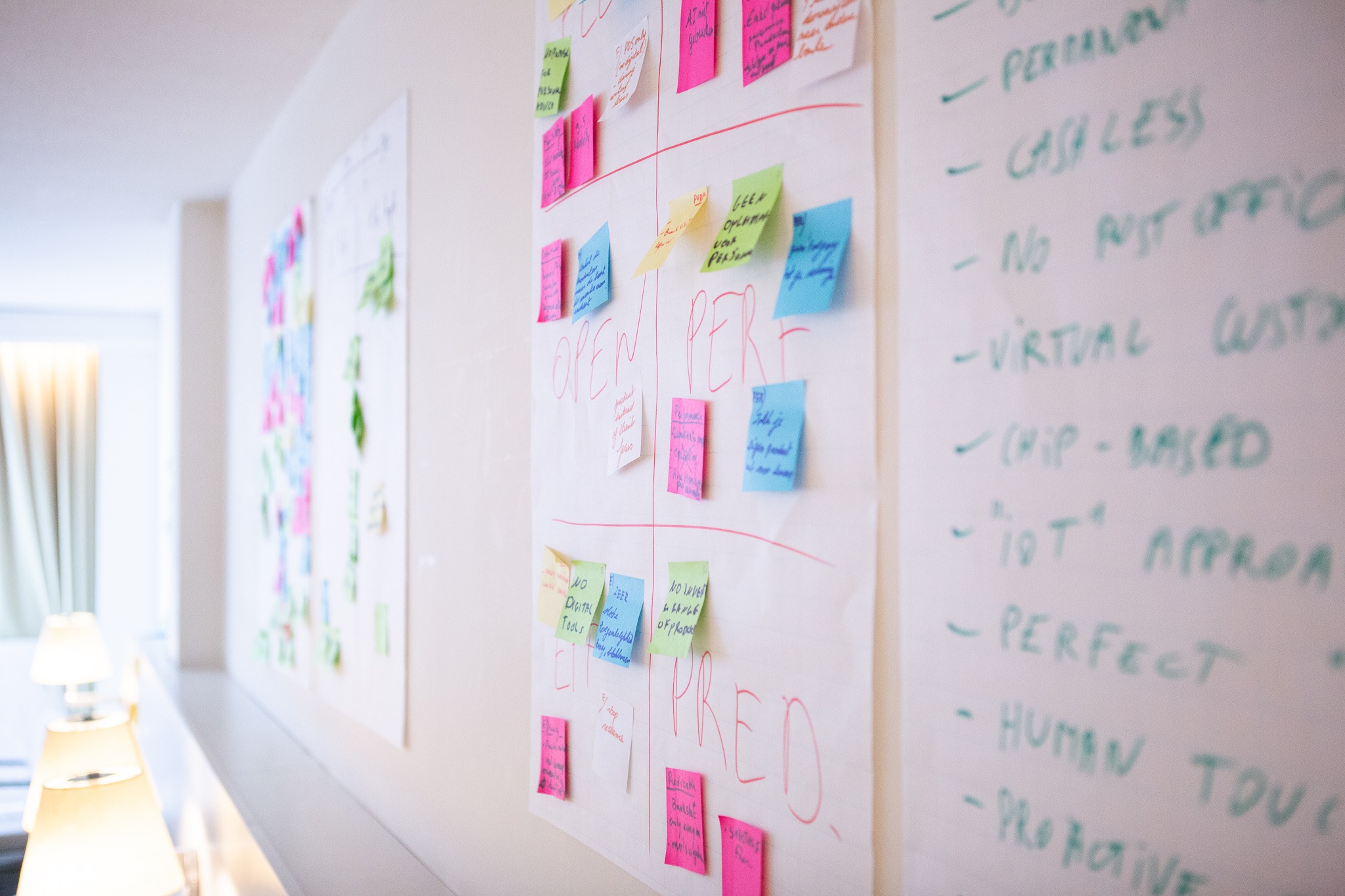Change doesn’t just come from the top. Employees play a vital role in driving sustainability through daily green habits and innovative solutions.
Continue readingFinancez votre TTF avec la prime formation de Bruxelles Economie & Emploi (BEE)
Si vous êtes un.e indépendant.e domicilié.e en région bruxelloise cet article est pour vous.
Continue readingTable ronde: monde associatif, monde corporate, des pistes pour le futur ?
Historiquement le lien se développe quand le Time building (donner de son temps à une association sur son temps de travail) vient remplacer le Team Building (dépenser des milliers d’euros pour des activités fun ou sportives : ça ne passe plus).
Continue readingImpact Valley’s Ambitions for the Future
What started 3 years ago as a project to increase the positive impact while reducing their negative footprint has allowed us to facilitate numerous workshops.
Continue readingUnderstanding Resilience
Resilience is defined as the ability of a living system to restore its systemic structure and functions after a disruption.
Continue readingImportance of Collaboration
Synergies between actors is essential to resolve the pressing challenges of this era as a single actor cannot arrive at global solutions.
Continue readingBe Empathetic
The human being is the central figure in all measures taken to pull our society out of the crisis and to keep enterprises afloat.
Continue readingCollective Intelligence
What does “Collective Intelligence” mean? We at Impact Valley see it as a way to empower a group of people by drawing from the capabilities of its members.
Continue readingDigital Inclusivity
We use online tools to keep in touch with our clients and beneficiaries. Recently, we got confronted on our choices: the tools we use are not inclusive.
Continue readingSelection Criteria
During our hackathons or workshops we facilitate project creation journeys. For a self-assessment or selection, here are the criteria we like to use:
Continue reading


